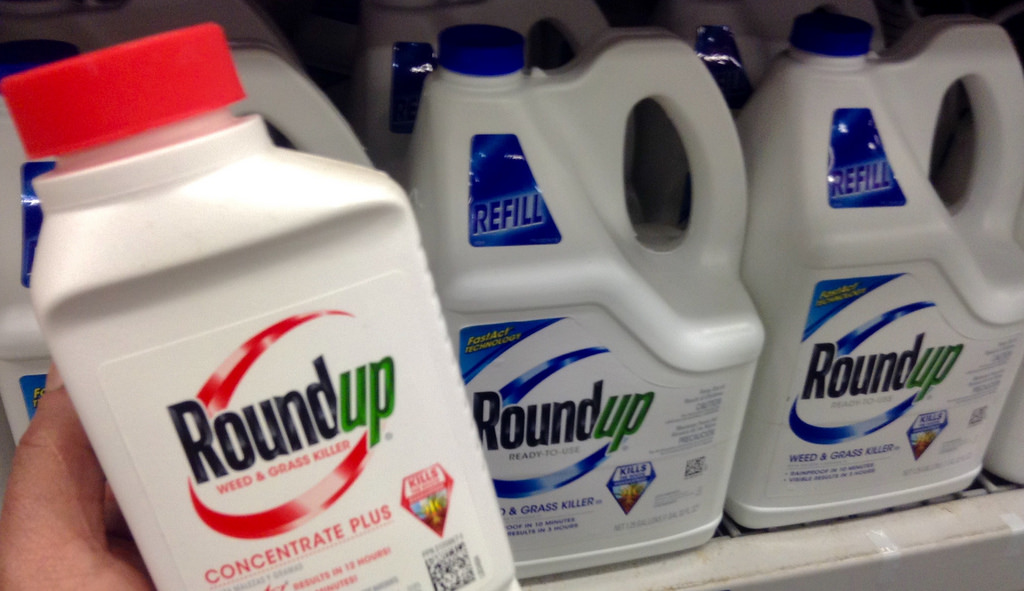
WHO Cancer Agency Hits Back at Reuters for Monsanto Bias
The International Agency for Research on Cancer (IARC) has slammed Reuters for industry biased reporting, in a press release sent to global media on Thursday, regarding their conduct since the world’s number one herbicide glyphosate was classified as a ‘probable carcinogen‘ in 2015.
October 27, 2016 | Source: Sustainable Pulse | by
The International Agency for Research on Cancer (IARC) has slammed Reuters for industry biased reporting, in a press release sent to global media on Thursday, regarding their conduct since the world’s number one herbicide glyphosate was classified as a ‘probable carcinogen‘ in 2015.
An article from Reuters (published on 25 October 2016) on the subject of access to documents concerning the IARC Monographs Programme severely distorts the motives of the International Agency for Research on Cancer (IARC). IARC wishes to make it clear that its motivation is to ensure that scientists are free to openly and critically debate the scientific evidence on whether an agent causes cancer in humans, in the best interests of public health worldwide.
IARC was approached for advice by United States-based scientists, who had been part of an IARC Monographs Working Group that evaluated glyphosate. The scientists and their institutes were subject to Freedom of Information or Open Records requests made by various interested parties, including lawyers representing Monsanto. Many of the scientists have also received broad subpoenas for documents and records relevant to IARC’s evaluation of glyphosate. In light of the interests at stake, including ongoing lawsuits in the USA involving Monsanto, the scientists felt uncomfortable releasing these materials, and some felt that they were being intimidated. It was in this context that IARC was asked for advice.
